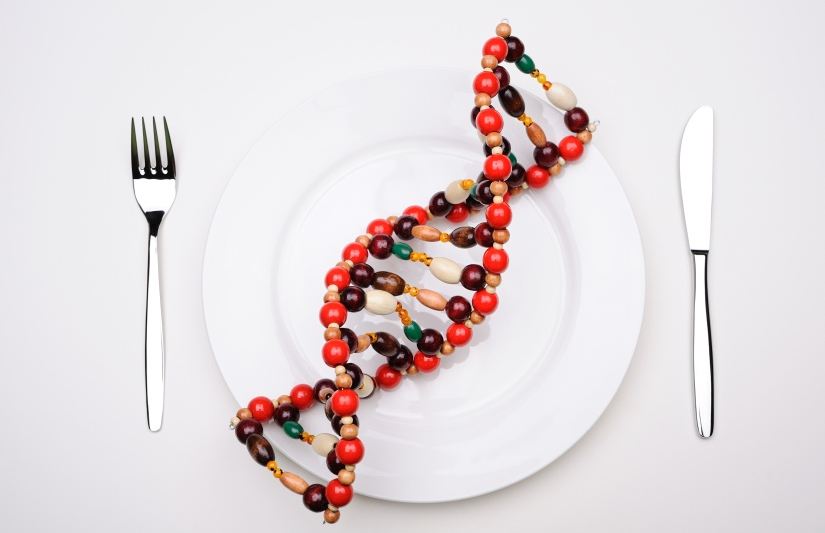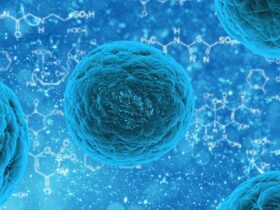Many decades of nutrition research have shown that there are a lot of factors at play when it comes to diet plans. What might work for you might not work for another person. The reason? Genetics.
Nutrigenomics is a new field, and for some of us, kind of an SF subject. But it shouldn’t be like this. Up next, we’re going to discuss some nutrigenomics facts and, of course, the benefits.
Here is what you need to know.
Nutrigenomics 101: What Should You Know
According to scientists, nutrigenomics focuses on a relationship between nutrition, health, and genomics.Â
Jan Lim, MS, of CRI Genetics, explains nutrigenomics as:
“[…] how the whole body responds to micro-and macronutrients, as well as the relationship between single genes and single gene/ food compound interactions.”
Nutrigenomics is also known as nutrigenetics, a more common term. But you should know that there are some differences.
First, nutrigenetics is how our bodies react to nutrients because of our present genetic structure.
On the other hand, nutrigenomics is about how nutrients can influence our bodies to express genes.Â

Nutrigenomics Benefits
Nutrigenomics has been proven to efficiently shed light on matters a simple health history can’t. How so?
As per previous studies, nutrigenomics can help explain why some situations exist for a patient. That includes which eating plan might suit them best or why a person has a predisposition to heart diseases.
Also, by analyzing our genetic structure, a specialist can tell us what eating patterns might or might not work well. How great is this?
Finally, gene variants are some little experts because they’re capable of indicating if our bodies will benefit from a vegan diet or not. Or, they can show how well a keto diet could adapt due to genomic patterns for fat metabolism.
Understanding nutrigenomics better can help you make preventative choices to alleviate risk through diet.














Leave a Reply